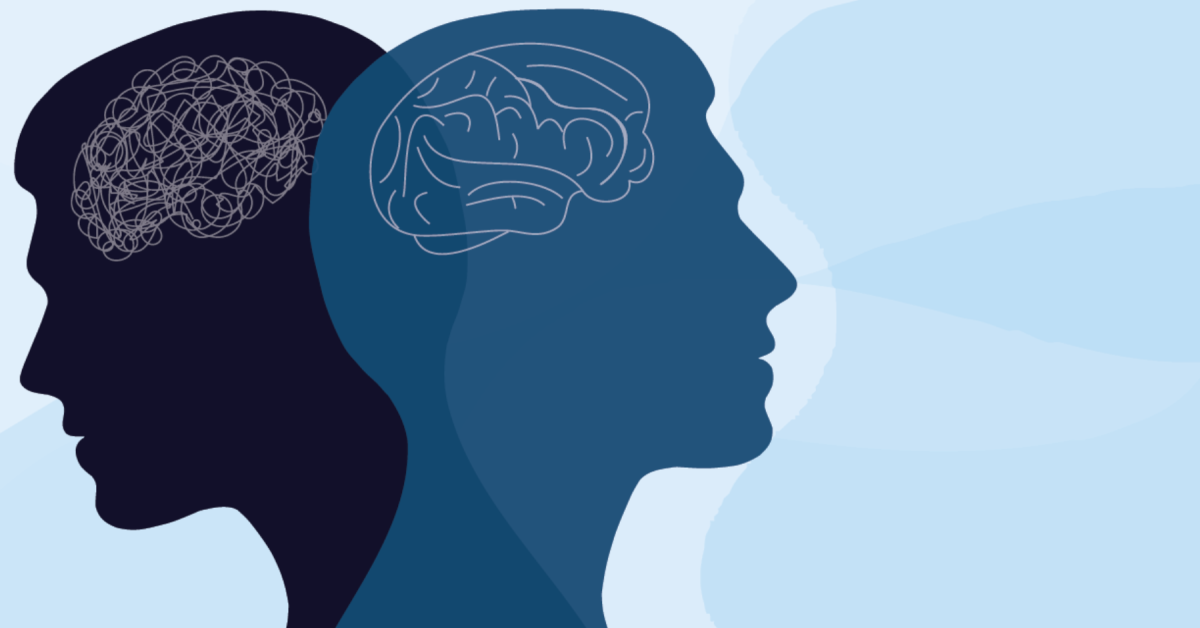
### Understanding Mental Health
Mental health encompasses our emotional, psychological, and social well-being. It affects how we think, feel, and act, and also influences how we handle stress, relate to others, and make choices. Mental health is essential at every stage of life, from childhood and adolescence through adulthood.
#### Key Aspects of Mental Health
1. Emotional Well-Being:
involves managing stress, expressing emotions appropriately, and maintaining a positive outlook.
Emotional resilience helps individuals cope with life’s challenges and recover from setbacks.
2. **Psychological Well-being:**
pertains to cognitive functions such as thinking, perception, and memory.
Healthy psychological functioning includes a balanced thought process, clear decision-making, and a realistic perception of reality.
3. Social Well-Being:
relates to how we interact with others and build relationships.
Strong social connections contribute to a sense of belonging and provide emotional support.
#### Factors Affecting Mental Health
1. **Biological Factors:**
Genetics play a significant role in mental health conditions such as depression, anxiety, and bipolar disorder.
Neurotransmitters, hormones, and brain chemistry are also crucial in regulating mood and behavior.
2. **Life Experiences:**
Trauma, abuse, and significant life changes can trigger mental health issues.
Chronic stress and adverse childhood experiences (ACEs) have long-term effects on mental health.
3. **Family History:**
A family history of mental health problems can increase the risk of developing similar issues.
Shared environments and learned behaviors also contribute to mental health dynamics within families.
#### Common Mental Health Disorders
1. Anxiety Disorders:
characterized by excessive fear or worry.
includes generalized anxiety disorder (GAD), panic disorder, and social anxiety disorder.
2. **Mood Disorders:**
involves disturbances in mood, such as depression and bipolar disorder.
Symptoms range from prolonged sadness to extreme mood swings.
3. **Personality Disorders:**
enduring patterns of behavior, cognition, and inner experience that deviate from cultural expectations.
includes borderline personality disorder, narcissistic personality disorder, and antisocial personality disorder.
4. **Psychotic Disorders:**
characterized by distorted thinking and awareness.
Schizophrenia is a primary example, involving symptoms like hallucinations and delusions.
#### Promoting Mental Health
1. **Self-care:**
Practices such as regular exercise, adequate sleep, healthy eating, and mindfulness can improve mental health.
Engaging in hobbies and activities that bring joy and relaxation is beneficial.
2. **Social Support:**
Building and maintaining strong relationships with friends and family provides emotional support and reduces feelings of isolation.
Community involvement and social networks are vital for mental well-being.
3. Professional Help:
Seeking therapy or counseling can provide strategies to cope with mental health issues.
Medication prescribed by a healthcare professional can also be an effective part of treatment for some individuals.
4. Education and Awareness:
Understanding mental health and recognizing symptoms early can lead to prompt intervention and better outcomes.
Reducing the stigma associated with mental health encourages more people to seek help.
#### Conclusion
Mental health is a critical component of overall health and well-being. By understanding its various aspects, recognizing the factors that affect it, and promoting positive practices, we can work towards maintaining and improving mental health. Access to professional support and reducing stigma around mental health issues are crucial steps in ensuring that individuals receive the help they need.






